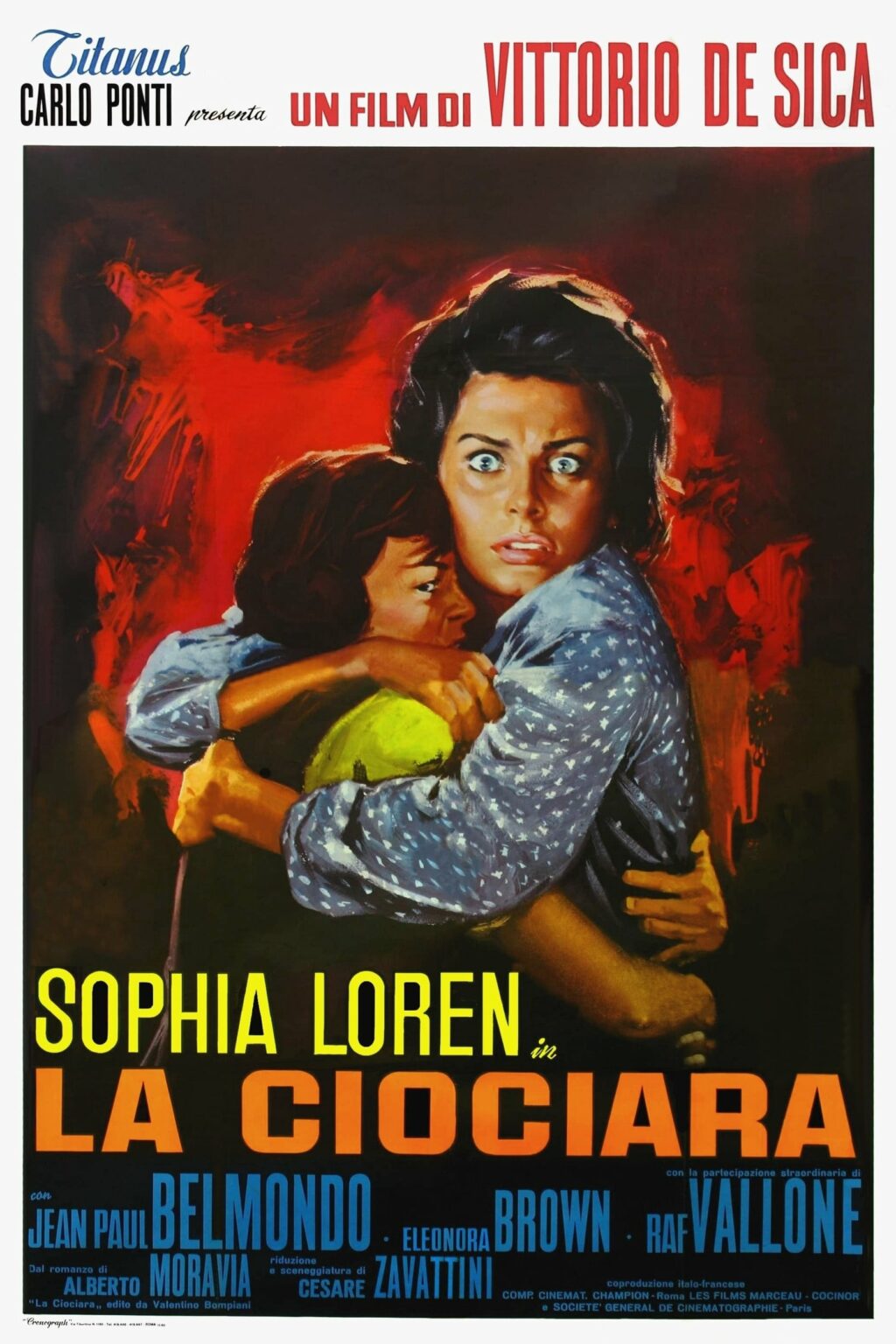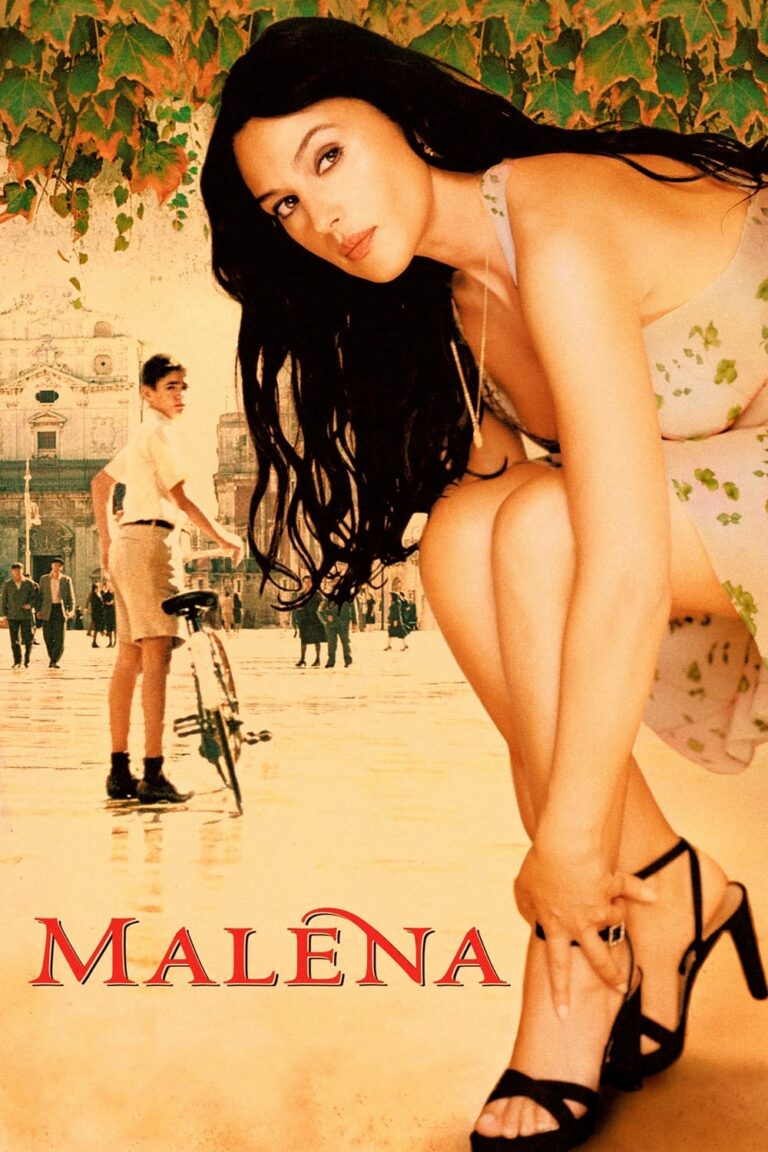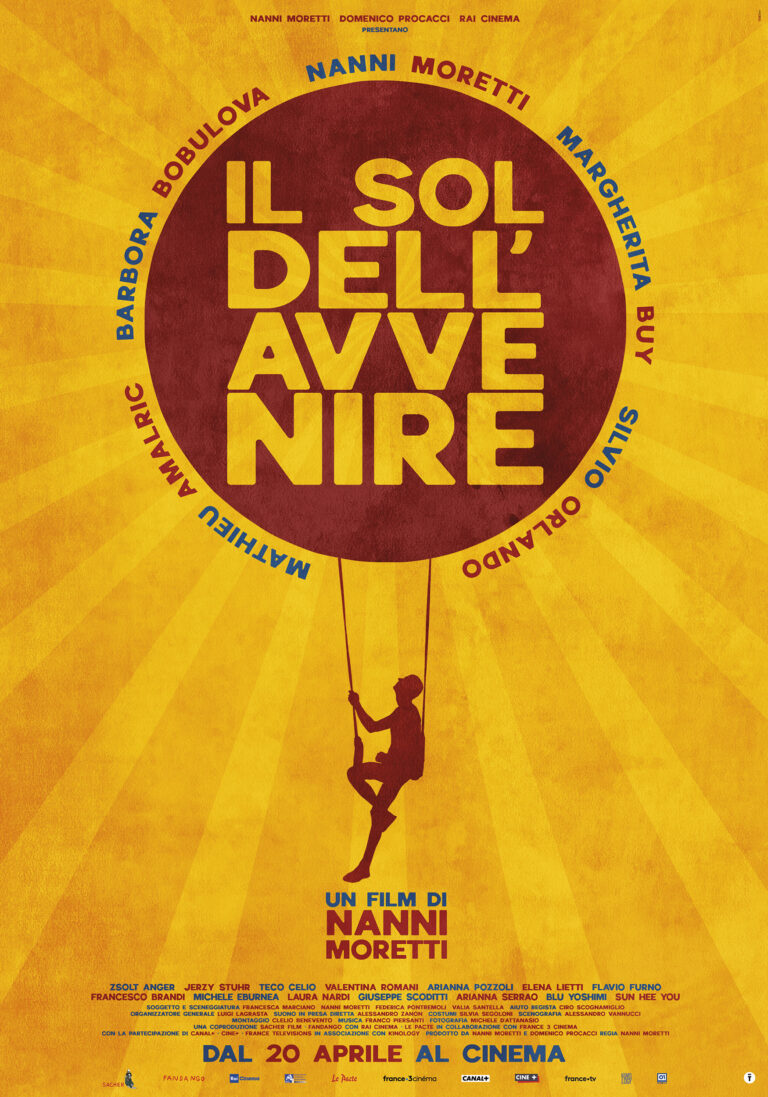
Released in 1960, Vittorio De Sica’s La Ciociara (Two Women) is a powerful exploration of the devastating human toll of war. Based on the novel by Alberto Moravia, the film tells the harrowing story of a mother and daughter navigating the horrors of World War II in war-torn Italy.
Featuring a career-defining performance by Sophia Loren, who became the first actor to win an Academy Award for a foreign-language film, La Ciociara remains one of Italian cinema’s most celebrated masterpieces. Its unflinching portrayal of human suffering and resilience continues to resonate with audiences worldwide.
The Plot: A Journey Through War and Trauma
The story takes place in 1943 during the final years of World War II. Cesira (Sophia Loren), a widowed shopkeeper from Rome, decides to flee the city with her 13-year-old daughter, Rosetta (Eleonora Brown), to escape the relentless bombings. They seek refuge in Cesira’s hometown in the rural region of Ciociaria, believing it to be a safer haven.
Life in the countryside, however, proves to be anything but peaceful. As the war intensifies, Cesira and Rosetta face hunger, violence, and betrayal, their hopes for safety shattered. The film reaches its emotional climax in a devastating scene that leaves an indelible mark on both the characters and the audience.
La Ciociara is more than a war film—it’s a deeply human story about survival, maternal love, and the enduring scars of trauma.
Sophia Loren: A Career-Defining Performance
Sophia Loren’s portrayal of Cesira is widely regarded as one of the greatest performances in cinematic history. Loren brings a raw intensity to the role, capturing the strength, vulnerability, and fierce maternal love of a woman trying to protect her child in unimaginable circumstances.
At just 25 years old, Loren took on a role originally intended for Anna Magnani. Despite her youth, Loren delivered a performance of extraordinary depth and maturity, earning her widespread acclaim and the Academy Award for Best Actress—the first-ever for a performance in a foreign-language film.
Loren’s portrayal of Cesira remains a testament to her talent and an enduring symbol of resilience and humanity in the face of adversity.
Eleonora Brown as Rosetta: Innocence Lost
Eleonora Brown, only 12 years old at the time of filming, delivers a heartbreaking performance as Rosetta. Through her character, the film examines the devastating effects of war on children.
Rosetta begins the story as a quiet, innocent girl but is irrevocably changed by the events she endures. Brown’s subtle, poignant portrayal captures this transformation with heartbreaking authenticity, making Rosetta a powerful symbol of the innocence lost in wartime.
Vittorio De Sica’s Vision: A Masterful Director at Work
Vittorio De Sica, already renowned for his contributions to Italian Neorealism with films like Bicycle Thieves and Umberto D., brings his signature humanistic approach to La Ciociara.
De Sica’s direction focuses on the emotional core of the story, allowing the audience to connect deeply with Cesira and Rosetta’s struggles. His use of naturalistic settings, non-professional actors in supporting roles, and a stark portrayal of war’s brutality heighten the film’s authenticity.
Despite its Neorealist roots, La Ciociara also incorporates elements of melodrama, creating a narrative that is both deeply personal and universally resonant.
Themes of War, Trauma, and Maternal Love
At its heart, La Ciociara is a film about the human cost of war. Through Cesira and Rosetta’s journey, De Sica explores themes of survival, trauma, and the resilience of the human spirit.
- Maternal Love: Cesira’s devotion to Rosetta drives the narrative, highlighting the lengths a mother will go to protect her child.
- War’s Impact on Innocence: Rosetta’s transformation from an innocent girl to a traumatized young woman underscores the lasting scars of war on the most vulnerable.
- Moral Ambiguity: The film delves into the moral complexities faced by ordinary people during extraordinary times, blurring the line between right and wrong.
These themes, combined with De Sica’s empathetic storytelling, make La Ciociara a deeply moving and timeless work.
The Legacy of La Ciociara
Since its release, La Ciociara has been hailed as a landmark in world cinema. The film’s critical and commercial success solidified Sophia Loren’s status as an international star and reaffirmed Vittorio De Sica’s place as one of Italy’s greatest filmmakers.
The film’s impact extends beyond its artistic achievements. It has become a cultural touchstone, remembered for its unflinching depiction of war’s horrors and its celebration of the resilience of women and mothers.
Critical Reception and Awards
La Ciociara received widespread acclaim upon its release, earning numerous accolades, including:
- Academy Award for Best Actress (Sophia Loren)
- Cannes Film Festival Best Actress Award (Sophia Loren)
- BAFTA Award for Best Foreign Actress (Sophia Loren)
The film’s enduring legacy is a testament to its emotional power and cinematic brilliance.
FAQs
What is La Ciociara about?
La Ciociara follows Cesira, a widowed shopkeeper, and her daughter, Rosetta, as they flee war-torn Rome for the countryside, only to face unimaginable hardships during World War II.
Who directed La Ciociara?
The film was directed by Vittorio De Sica, a master of Italian Neorealism.
Why is La Ciociara significant?
The film is celebrated for its unflinching portrayal of war’s impact on civilians and for Sophia Loren’s Academy Award-winning performance, the first in a foreign-language film.
Who wrote the novel La Ciociara is based on?
The film is based on the 1957 novel by Italian author Alberto Moravia.
What awards did La Ciociara win?
The film won numerous awards, including an Academy Award for Best Actress, a Cannes Film Festival Best Actress Award, and a BAFTA for Best Foreign Actress.
What themes does La Ciociara explore?
The film explores themes of war, trauma, maternal love, and the resilience of the human spirit.
Conclusion
La Ciociara is more than a war drama—it is a testament to the strength of the human spirit and the enduring power of maternal love. Through Vittorio De Sica’s masterful direction and Sophia Loren’s iconic performance, the film captures the profound impact of war on ordinary lives.
As a landmark in cinematic history, La Ciociara continues to resonate with audiences, reminding us of the resilience and humanity that endure even in the darkest times.





